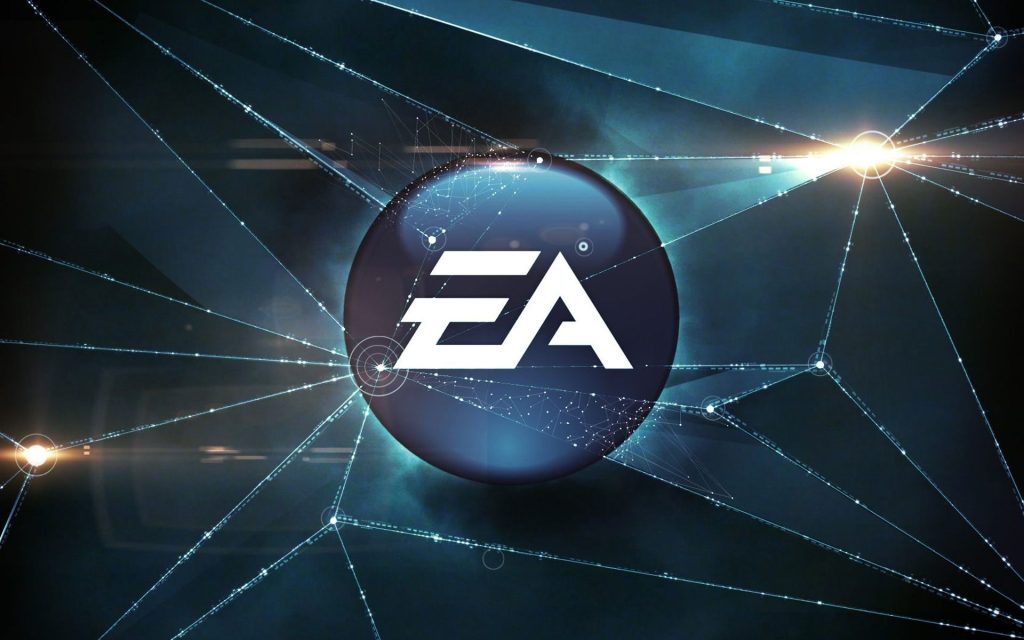Electronic Arts being acquired by private equity is bad news for gamers
When return on investment is the only goal, creativity and originality will take a back seat every single time
KOSTAS FARKONAS
PublishED: October 1, 2025

Rumors have been spreading on the Web over the weekend, but it’s now made official: Electronic Arts, one of the largest video games publishers in the world by revenue and the third largest by unit sales this year, is going private by way of an investor group joint acquisition. The group consists of US-based private equity firms Silver Lake Management and Affinity Partners (the latter run by Donald Trump’s son-in-law Jared Kushner), as well as the Saudi Arabia’s Public Investment Fund. The deal, pending regulatory approval, is expected to close by the end of June next year and consists of equity investment of around $36 billion plus 20 billion of debt financing (committed by JPMorganChase).
This is, according to Bloomberg, the largest leveraged buyout in history – certainly unprecedented in the gaming industry, despite other highly expensive acquisitions in recent memory – and there’s considerable debt involved, so Electronic Arts would need to do extremely well over the next few years in order to reimburse that. In cases like this investment groups usually follow a very hands-on approach, meaning that restructuring and managerial changes are expected even if EA’s current CEO, Andrew Wilson, is still leading the company for now.

The involvement of private equity in the entertainment industry is nothing new, of course, but it’s gradually becoming a cause for concern when it comes to Saudi Arabia’s Public Investment Fund in particular. The latter already owned around 10% of EA’s stock (which will now roll over) but it also holds stakes in a number of other gaming companies including Nintendo, Take-Two Interactive, Embracer, Capcom and more. Saudi Arabia has already caused controversy over the way it’s affecting the gaming community in terms of events or content and there’s reason to believe that PIF will try to extend its influence on this market further through the EA acquisition.
More importantly, the involvement of equity funds in the management of major video game companies is concerning because of the former’s relentless return-on-investment mentality. Such financial institutions do not care about artistic value or gameplay innovation, they are not focused on delivering consumer-friendly products or services, they do not mean to cultivate creativity or encourage experimentation (all of which are essential to video games as a medium). They are only interested in high sales and profit, which lead to a strong focus on branded products and the safest of approaches regarding the kind and style of games developed.

For a company like Electronic Arts – already thought to be anything but innovative, mostly depending on established franchises – to lean even harder on safe bets, recognizable brands, sequels and spin-offs could prove disastrous long-term. It would also mean that gamers should probably be expecting way more Battlefield and Star Wars and SimCity in EA’s future than Split Fiction and Unravel and It Takes Two. There will practically be no room for brave failures like Immortals of Aveum or Zau. It is as simple as that.
All of this comes at a time when AAA games development is heavily criticized for being too expensive and too derivative, in a year that has already proved that AA titles can be far more interesting, innovative and important for gaming as an entertainment form. It’s highly unlikely that Silver Lake Management, Affinity Partners and the Saudi Arabia’s Public Investment Fund will be taking any of this into account, though. In a market currently in dire need of originality, faceless investors only seem determined to fund the exact opposite. If that is not a sad state of affairs, then yours truly does not know what is.


















